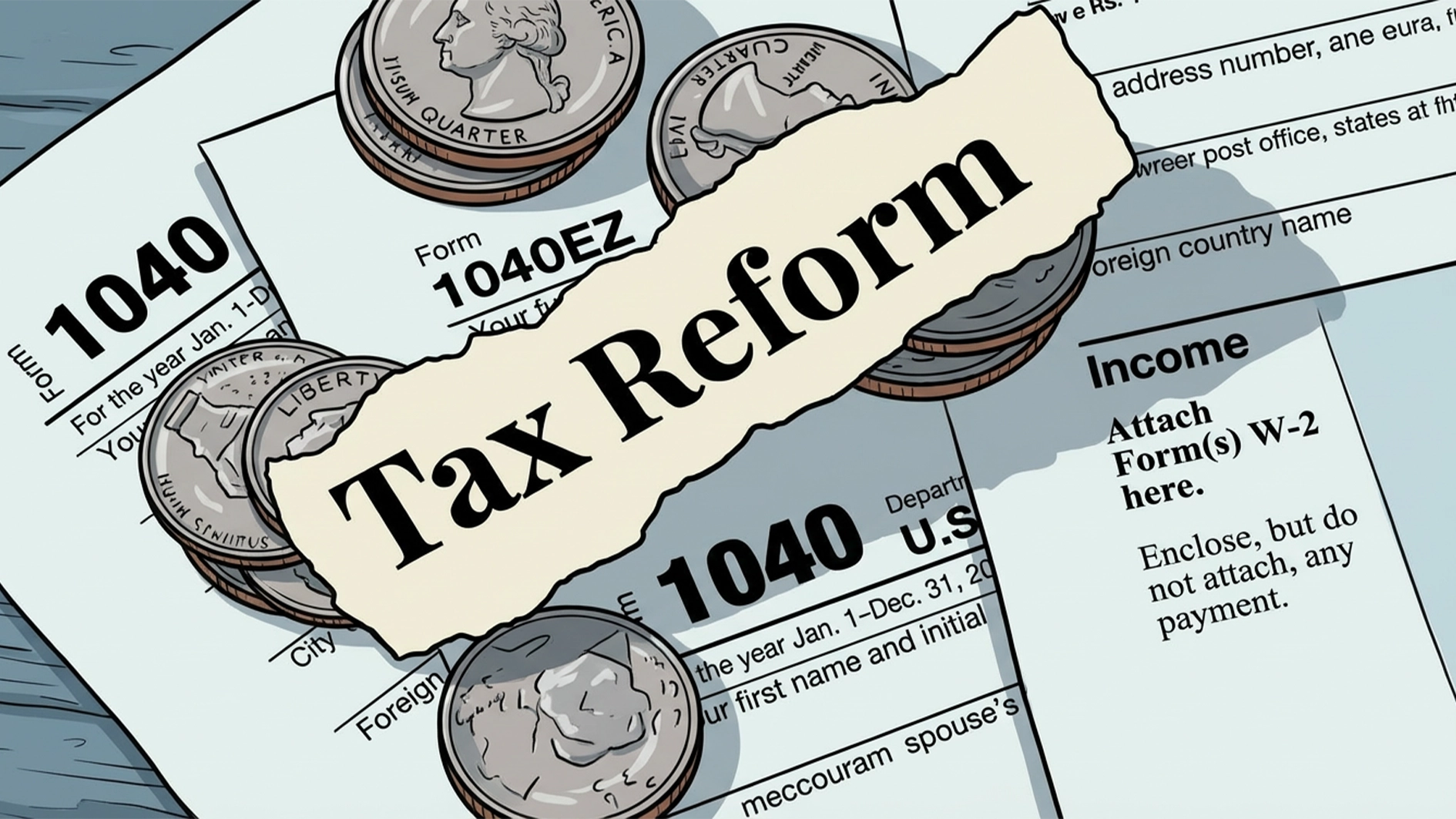The Budget Office of the Federation (BOF) has attributed the stability in the value of the naira to the foreign exchange reforms of the present administration as well as the improvements in crude oil prices and diaspora remittance inflows.
The Director-General Budget Office of the Federation, Tanimu Yakubu who disclosed this over the weekend in a statement, said that when the administration scrapped the country’s multiple exchange windows in 2024, the Naira initially fell sharply, sparking fears of economic collapse.
According to him, the currency plunged to N1,800 per dollar in March 2024, with critics describing it as a “worthless Naira”. However, he said, what looked like a collapse was in fact a reset. “It was a deliberate recalibration of our foreign exchange market,” Yakubu said.
He said by August 2025, the Naira had recovered to N1,525 per dollar, representing a 15.28 per cent gain in five months, attributing the rebound to higher oil receipts, strong diaspora remittances, and the clearance of over N4 billion in FX backlogs.
Yakubu noted that the unification of the FX market was the key step, creating a single transparent rate and restoring investor confidence.
He explained that the impact was most visible in the export sector, where Nigerian goods suddenly became more affordable abroad.
“With a realistic exchange rate, our cocoa, sesame and even processed chocolate became cheaper in New York, Mumbai or São Paulo without local producers earning less,” he said.
Data from the Budget Office revealed that non-oil exports climbed from $2.696 billion in the first half of 2024 to $3.225 billion in the same period of 2025.
Export volumes also increased, from 3.83 million metric tonnes to 4.04 million metric tonnes, showing that foreign buyers were purchasing more goods, not just paying higher prices.
He described the development as a “sweet spot” for the economy, with exporters earning more in Naira terms, buyers abroad paying less in dollar terms, and the economy benefiting from stronger inflows.
He explained that “this is a virtuous cycle. FX reform leads to a realistic naira, which makes our goods competitive. That drives exports, and the resulting inflows strengthen the Naira further,” he explained.
He said the reforms had turned the Naira into a driver of growth, attracting both trade and investment.
“If Nigeria stays the course, the story of the Naira will not be about collapse and recovery but about reinvention, an economy using its currency as an engine of global competitiveness,” the DG noted.
Just recently, the Director-General of the World Trade Organization (WTO), Dr. Ngozi Okonjo-Iweala, , commended President Bola Tinubu’s administration for stabilizing the Nigerian economy.
According to Okonjo-Iweala, the Tinubu administration has worked hard to restore economic stability, which is a necessary foundation for growth. However, she emphasized that stability is just the first step and that the country now needs to focus on achieving growth and expanding social safety nets to cushion the impact of reforms.






